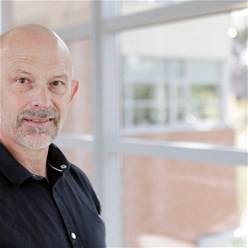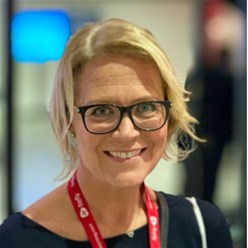Work Integrated Learning as an area of knowledge
A world in transition requires a multidisciplinary collaboration to be able to offer and create socially relevant and sustainable education and research. Traditional demarcations between subjects limit research's opportunities to investigate, analyze and shed light on complex societal challenges.
Work Integrated Learning is a scientific field of knowledge, which in the meeting between academia and other actors in society as well as between subjects offers new knowledge and skills. The integration of theoretical and practical knowledge, taken from learning in education as well as working life and civil society, is necessary for inclusive and sustainable knowledge.
A complete academic environment is taking form
A complete academic environment for Work Integrated Learning, WIL, is being developed starting in 2023. In a complete academic environment, activities are conducted all the way from undergraduate education, advanced level, postgraduate education to research. It is balance and dynamism between education, research and collaboration to reach the high quality needed to meet society's challenges.
The environment includes several of the university's research groups and has around 50 doctoral students in work-integrated learning.
Core areas
Based on the social sciences and humanities, Work Integrated Learning takes its starting point through four, often integrated, core areas. Through WIL knowledge, understanding and applicable solutions are sought around complex and integrated societal challenges in the core areas.
The following core research fields make up essential subareas for future knowledge needs and social challenges:




